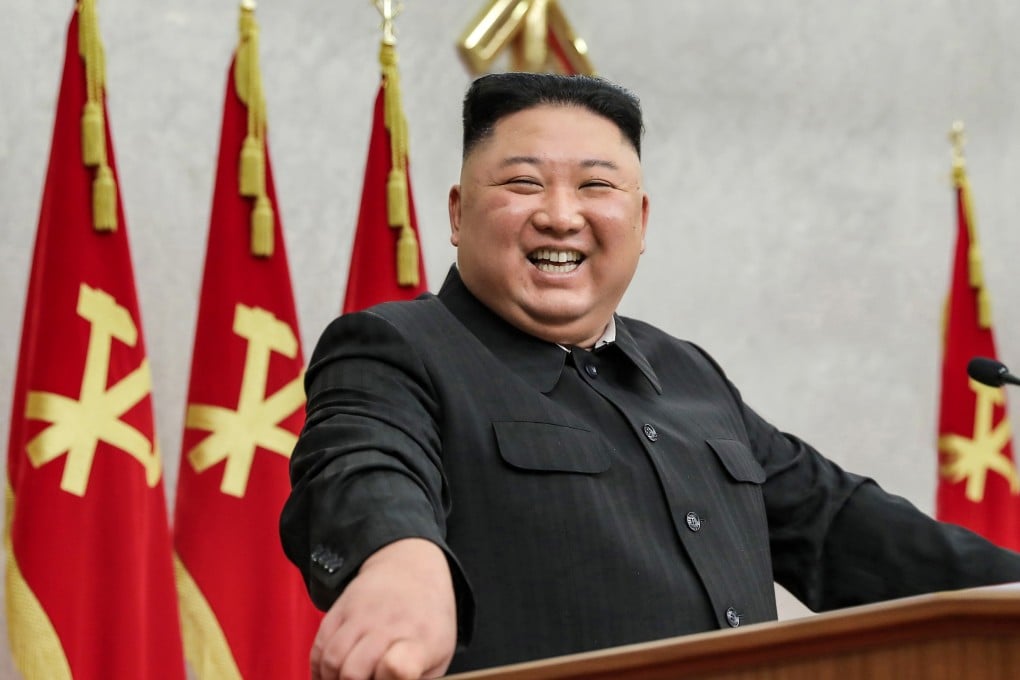As North Korea plots revenge over ‘spy’ extradited to US from Malaysia, assassinations and abductions may be next
- Pyongyang fears Malaysia’s extradition of Mun Chol-myong – said to be linked to the shadowy Office 39 – could give its arch enemy America a major intelligence coup
- Malaysia – mindful of the killing of Kim Jong-un’s half-brother on its soil four years ago – has raised security measures at sensitive locations

Pyongyang’s fury is in part explained by the fact the businessman, Mun Chol-myong, 55, is the first North Korean to be extradited to the US, potentially paving the way for more such actions. Alan Kohler, assistant director of the FBI’s counter-intelligence division, has already said he hopes Mun’s extradition will be “the first of many”.
“I am sure the [North Korean] regime fears that he will be of great intelligence value to the US if he confesses and provides information as part of a possible plea deal,” David Maxwell, senior fellow of the Foundation For Defence of Democracies and a retired Special Forces Colonel, told This Week In Asia.
Maxwell said the US hoped “to gain information about the regime’s illicit activities network” with the extradition, as well as enforcing a “rules based international order”.
